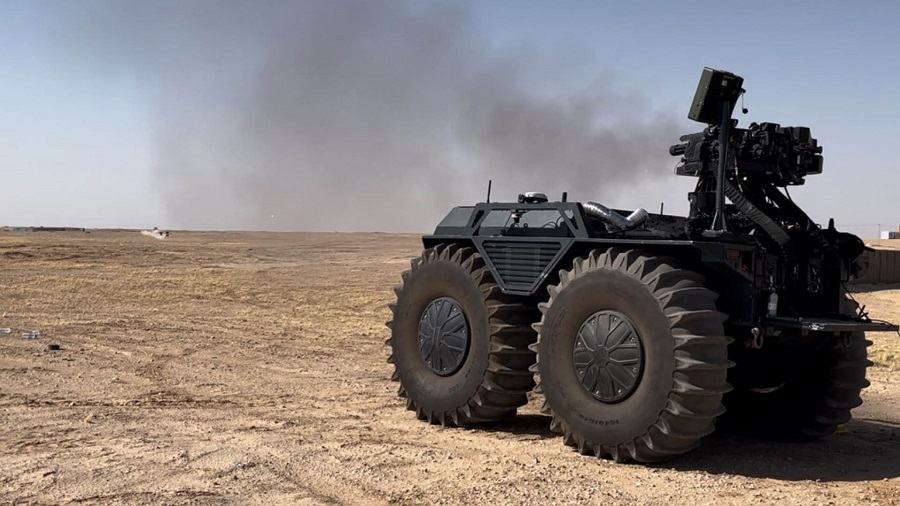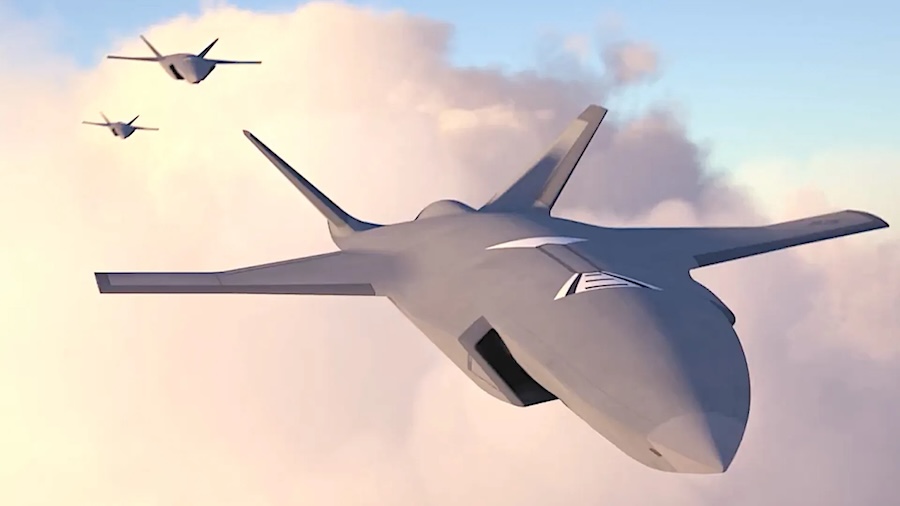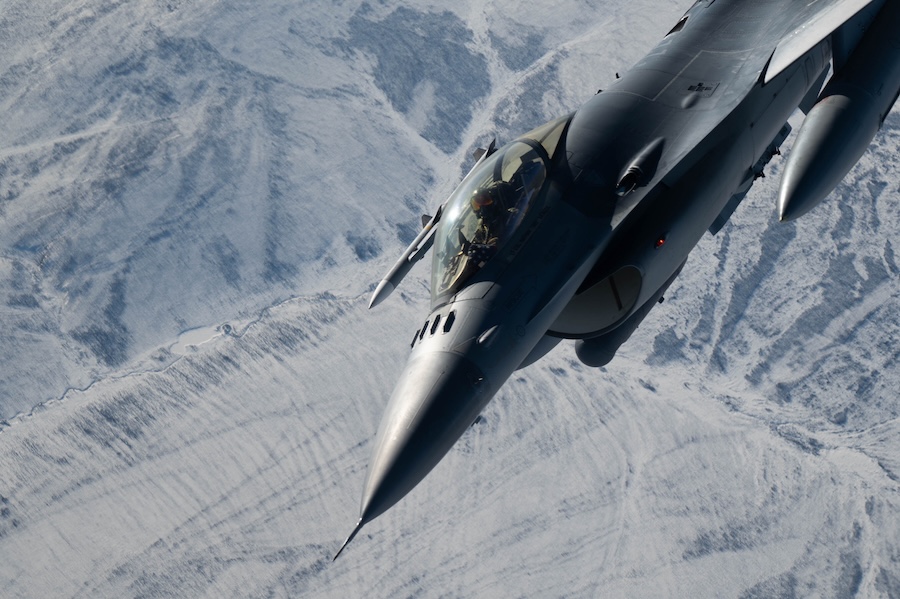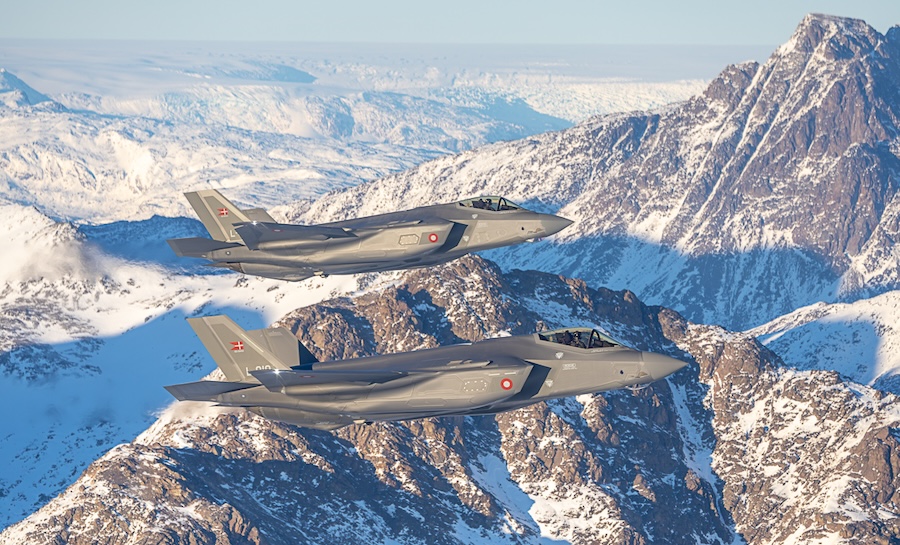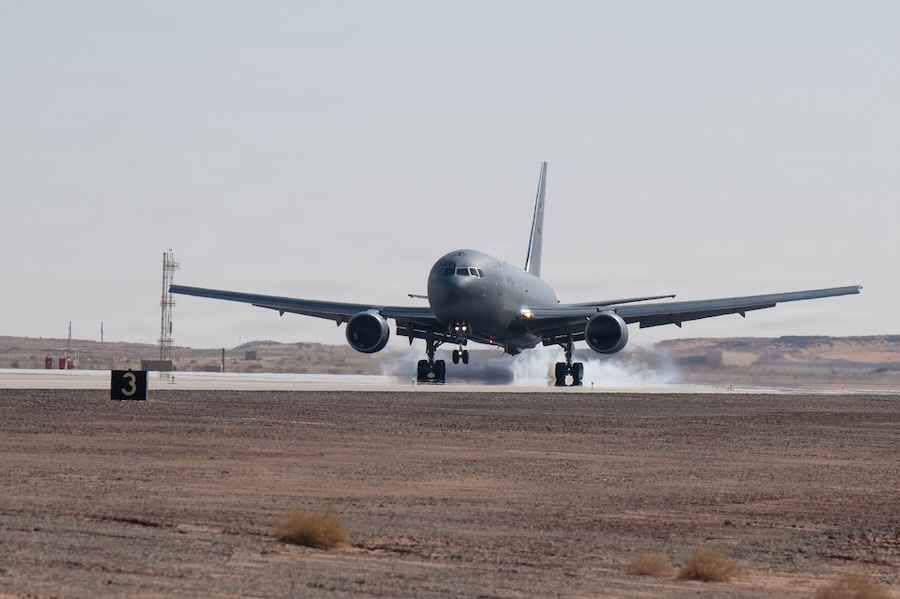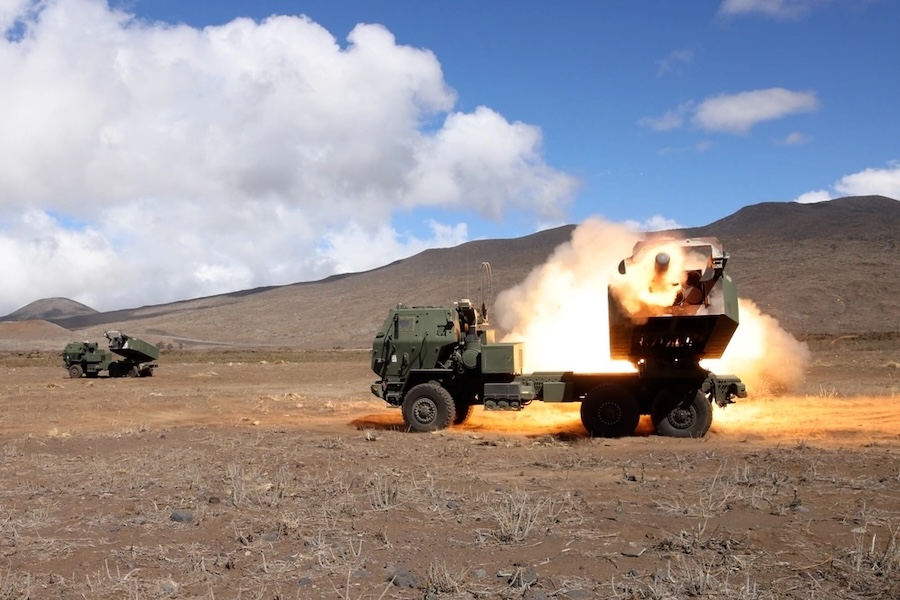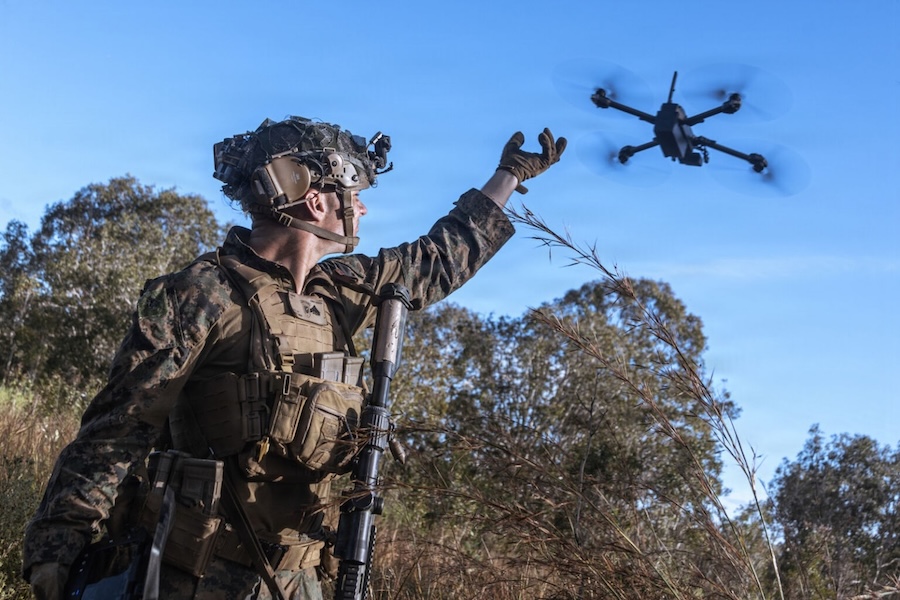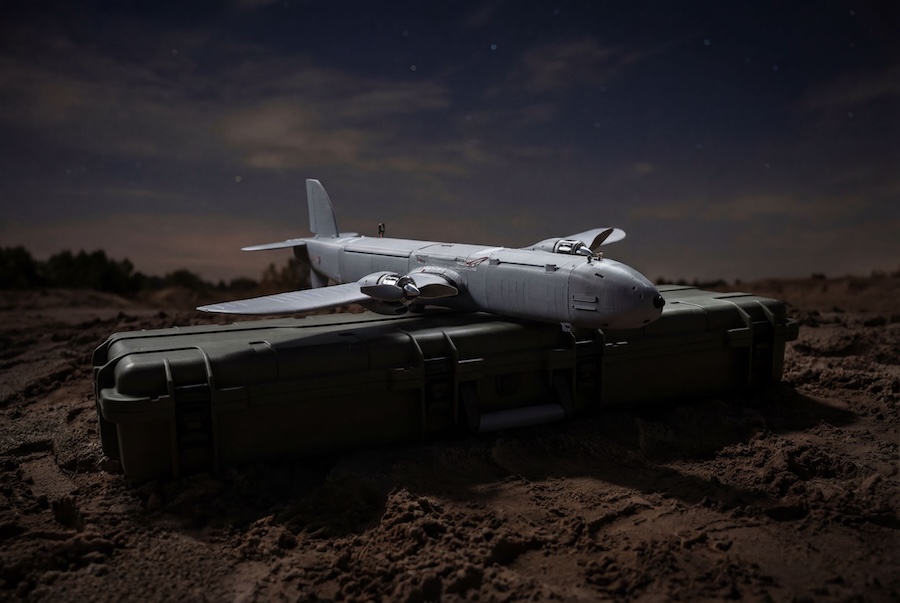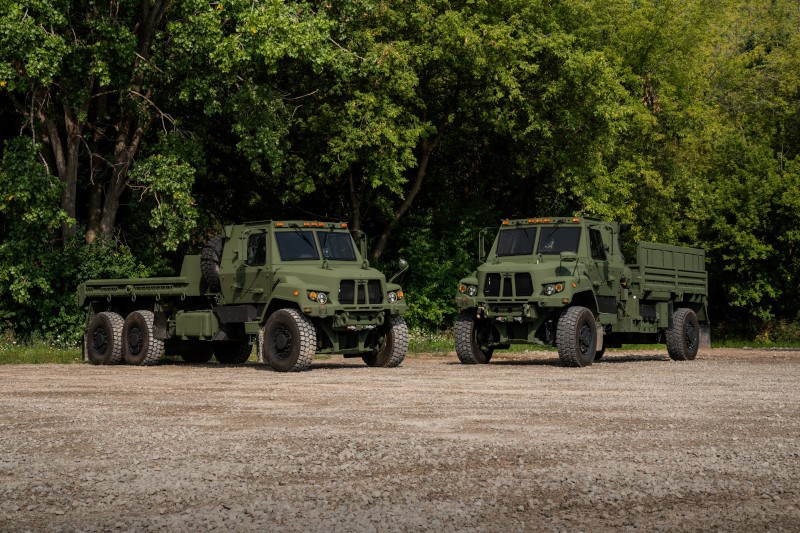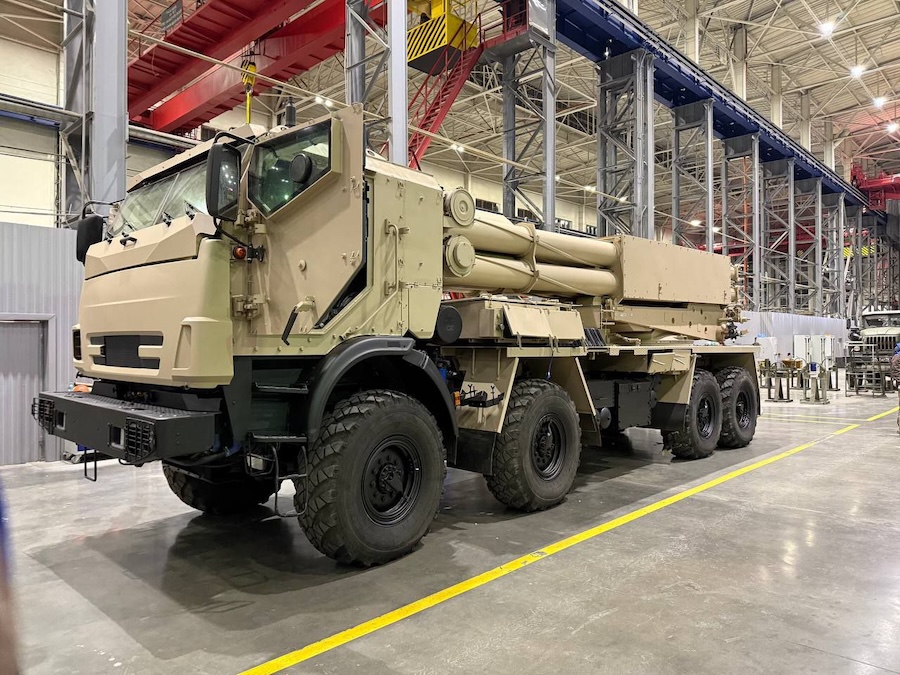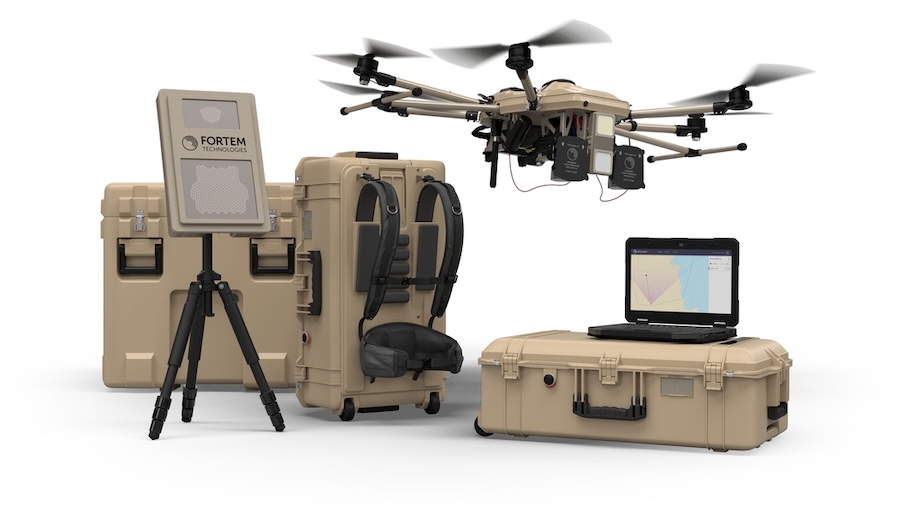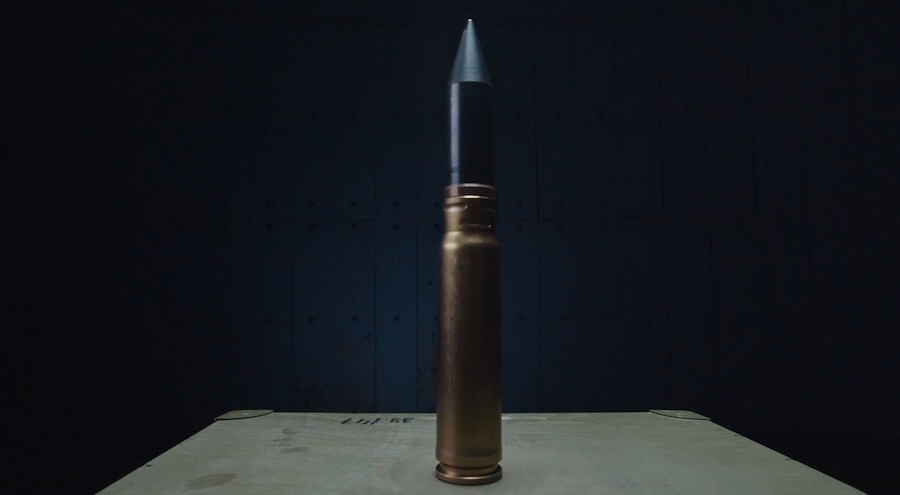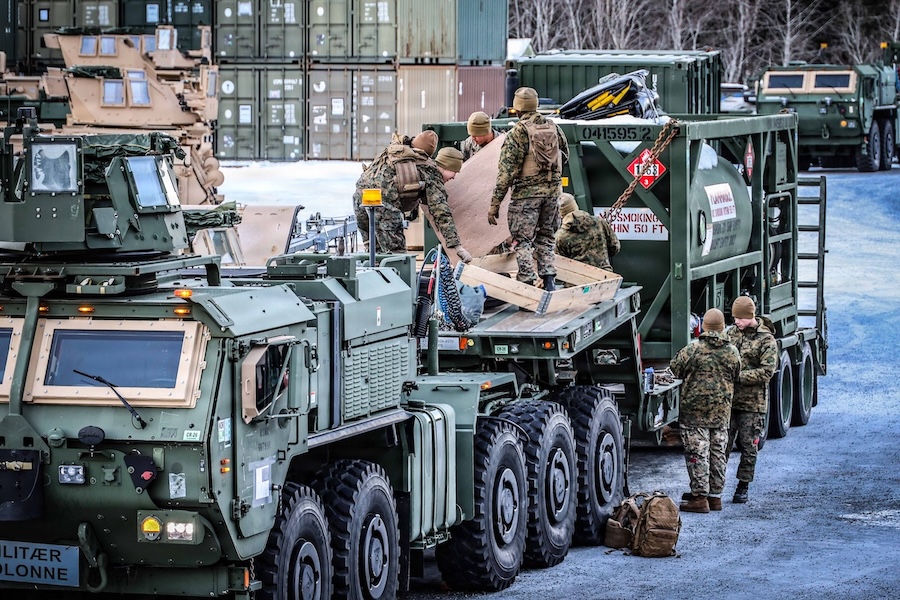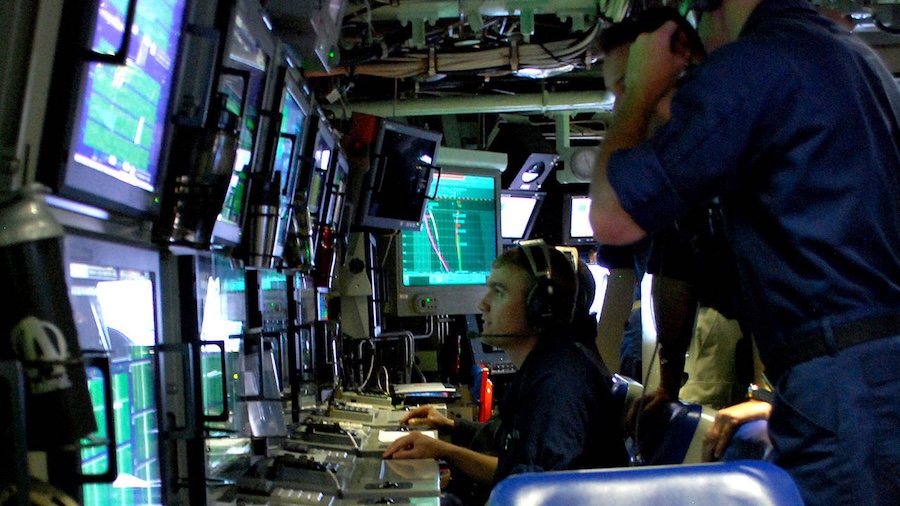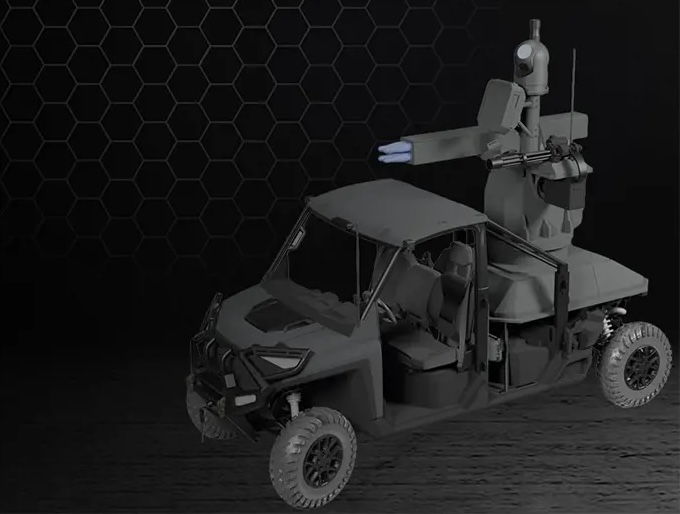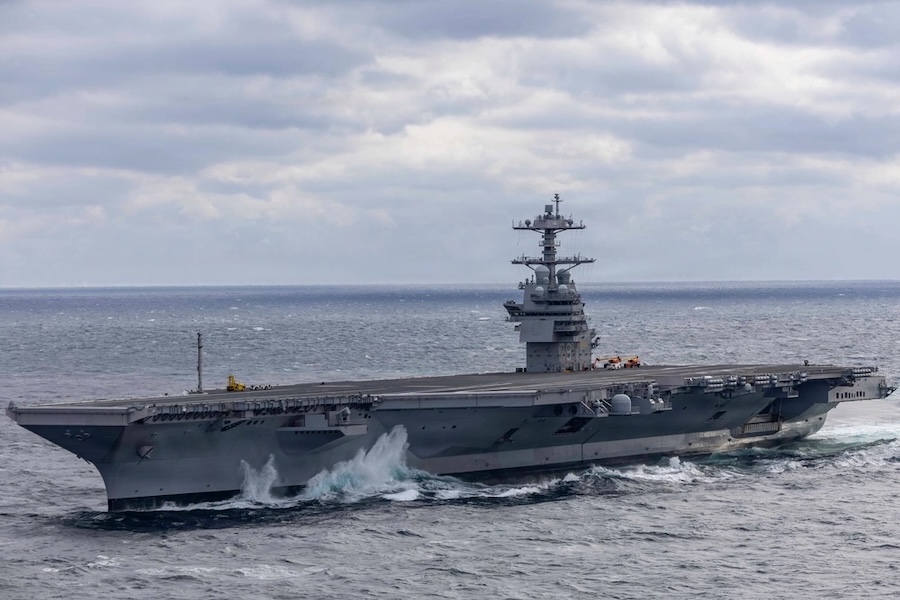The focus of the exercise was on countering uncrewed aerial systems (C-UAS) in challenging desert conditions. Designed as the last line of defence, Rheinmetall’s system proved effective against drones within a range of 50 to 800 metres. Alain Tremblay, Vice-President Business Development and Innovation at Rheinmetall Canada, stated: “We are proud to have played a critical role in enhancing operational readiness and fostering innovation to effectively counter emerging threats.”
The ultra-short-range air defence (SHORAD) system features Rheinmetall’s Fieldranger Multi remote-controlled weapon station, equipped with a twin Dillon Aero M134D minigun. It is mounted on the Mission Master XT uncrewed ground system and incorporates advanced radar, an electro-optical package, and artificial intelligence-based target acquisition and tracking capabilities. The system is tailored to detect, track, and neutralise multiple aerial and ground threats with high precision.
The system’s effectiveness was further highlighted in five simulated real-world scenarios. It successfully neutralised Group 2 and 3 multi-rotor drones and Group 3 fixed-wing aircraft, achieving a perfect score in all scenarios. The advanced AI tracker also ensured detection and classification of threats well before engagement, even in adverse conditions such as dust and low visibility.
Despite the extreme heat of the Saudi desert, where temperatures soared to 45°C, the system remained operationally robust. It resisted overheating, power interruptions, and weapon interference, maintaining rapid readiness throughout the exercise. Previous testing in high-humidity conditions at Fort Drum, New York, had already proven its resilience in diverse climates.
The system also offers an economical advantage, boasting a low cost per engagement. This positions it as a sustainable and efficient solution for modern defence challenges, addressing both operational and financial considerations.
The Red Sands III exercise exemplified the importance of multinational cooperation in addressing contemporary security threats. For Rheinmetall, it was a significant opportunity to refine its technology and solidify its leadership in the defence sector.
Rheinmetall’s success underscores its commitment to delivering innovative, adaptable, and cost-effective solutions for modern warfare. “The exercise provided a valuable platform for assessing and refining systems in real-world scenarios,” noted Tremblay.


